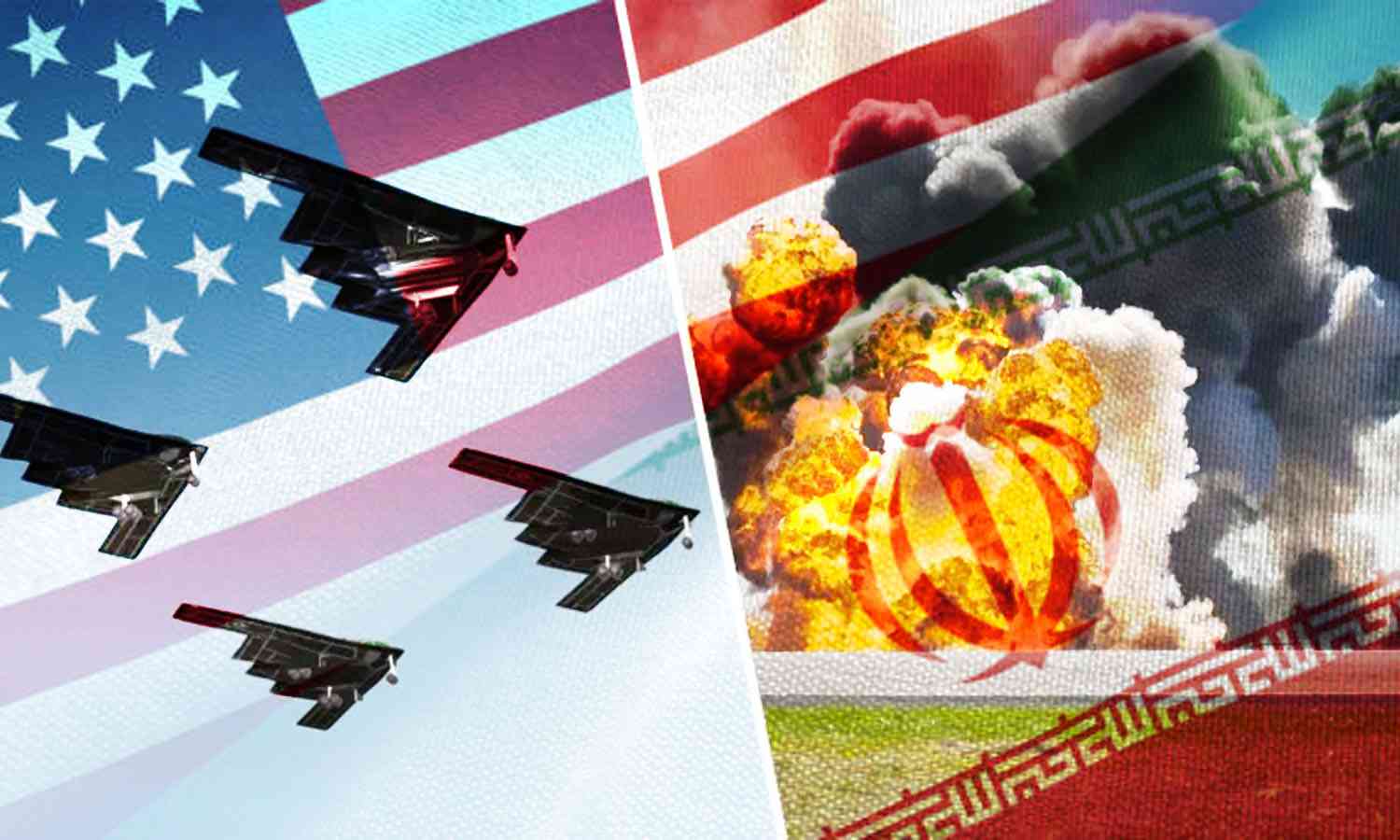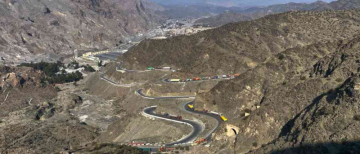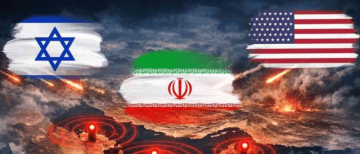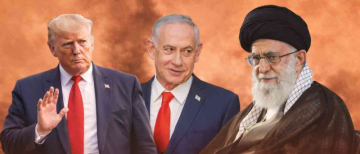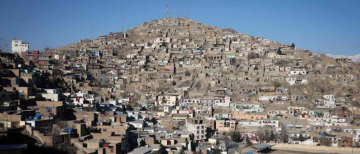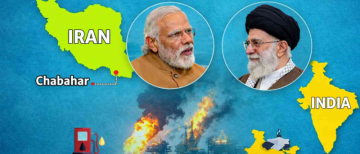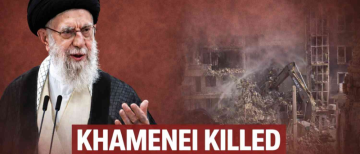Trump Confirms US Bombing of Iranian Nuclear Sites: ‘Now Is the Time for Peace’
In a dramatic escalation of the Israel–Iran conflict, former US President Donald Trump confirmed on Saturday that American forces had carried out coordinated airstrikes on three of Iran’s nuclear facilities, including the heavily fortified Fordow site, declaring the operation a “complete success”. Taking to Truth Social, Trump announced that the strikes had targeted the Fordow, Natanz, and Isfahan nuclear facilities, boasting that the Fordow complex — buried deep in Iran’s mountains — was now “gone”.

“We have completed our very successful attack on the three Nuclear sites in Iran,” he posted, adding, “NOW IS THE TIME FOR PEACE!”
Shortly afterwards, in a brief televised address from the Oval Office, Trump said Iran now faced a stark choice: “peace or tragedy”. While insisting the US had no desire for wider war, he warned that more targets remained on standby. “Iran’s key nuclear enrichment facilities have been completely and totally obliterated,” he said, calling the strikes a “spectacular military success”.
Iran Condemns ‘Grave Violation’
Iran’s Foreign Minister, Abbas Araghchi, condemned the attacks, accusing the US of breaching both international law and the UN Charter. “This act is a flagrant violation of the Non-Proliferation Treaty and an attack on peaceful nuclear infrastructure,” he said. “The United States has crossed a dangerous line and every UN member should be alarmed.”
He added that Iran “reserves all options” to defend its sovereignty, while describing the attacks as “outrageous” and “criminal”. Iranian officials have insisted their nuclear programme is solely for peaceful purposes, a claim reiterated by its nuclear agency following the strikes.

No Radiation Leaks Reported
In a statement released on Sunday, Iran’s Atomic Energy Organisation confirmed that while the sites had been struck, no radiation leaks had been detected, and the areas surrounding the facilities remained safe.
“Monitoring systems and on-site surveys show no contamination,” it said, vowing that the national nuclear programme would not be derailed by “malicious acts”. In a defiant message, the organisation stated: “Despite the conspiracies of our enemies, the commitment of thousands of our scientists ensures this industry will not be halted. The blood of our nuclear martyrs will not be in vain.”

US De-Escalation Signal?
According to CBS News, US officials reached out to Tehran after the strikes to clarify that the mission was limited and that the United States did not seek regime change. Trump later told Fox News that six bunker-buster bombs had struck Fordow, with 30 Tomahawk cruise missiles used in the attacks on Isfahan and Natanz. A US defence official confirmed that B-2 stealth bombers had been involved, but declined to provide further operational details.
Despite the measured outreach, analysts warned that the situation could spiral further. Al Jazeera’s Washington correspondent, Kimberly Halkett, reported that while Trump had been advised that the operation would not spark escalation, “he knows full well there is a risk that it might.”
Israel Finally Gets What It Wanted From Bomb Daddy
Israeli Prime Minister Benjamin Netanyahu lauded Trump’s decision, calling it a turning point in history. “Congratulations, President Trump. Your bold decision to strike Iran’s nuclear sites with the awesome and righteous might of the United States will change the course of history,” he said in a public statement. The Israeli military, meanwhile, confirmed that it had conducted a fresh wave of airstrikes against military installations in southwest Iran earlier that same day. The strikes come amid continued claims from Israel that Tehran was nearing the threshold of nuclear weapons capability — a charge Iran denies.
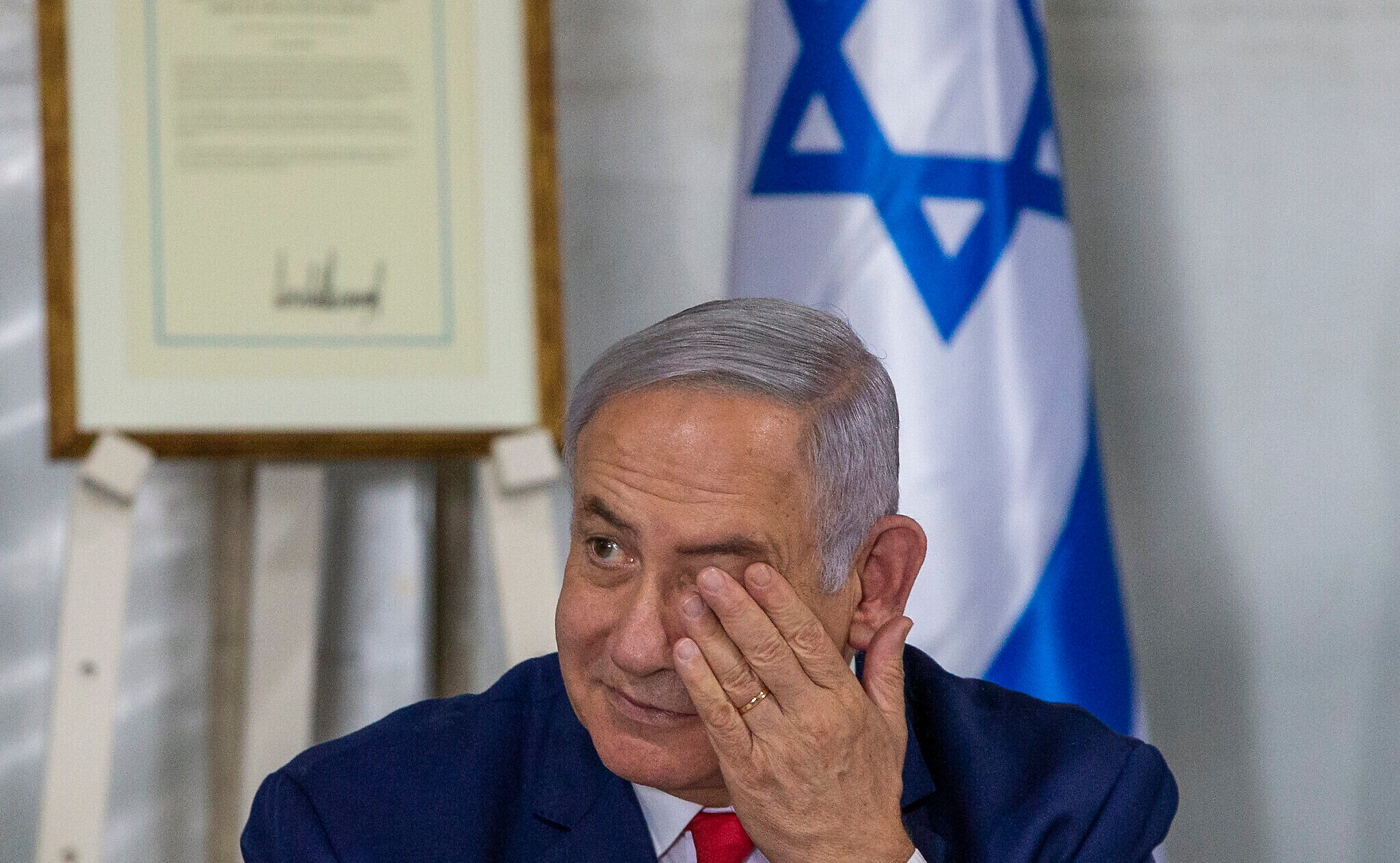
Global Reaction and Rising Toll
UN Secretary-General António Guterres expressed deep concern at the rising tensions. “I am gravely alarmed by this dangerous escalation. The risk of a regional or global conflagration is growing,” he warned in a statement, calling for immediate de-escalation. According to Iran’s Ministry of Health, at least 430 Iranians have been killed and over 3,500 injured since Israeli airstrikes began over a week ago. In Israel, 24 civilians have died as a result of Iranian missile attacks, with more than 1,200 injured — 14 of them critically — according to official figures.
Iran has reportedly fired over 450 missiles into Israeli territory during the hostilities. Despite the destruction, Israeli officials say the strikes have failed to significantly alter the country’s military posture. While Israel has long maintained a policy of nuclear ambiguity — neither confirming nor denying possession of nuclear weapons — Iran continues to assert that its nuclear programme remains strictly peaceful. However, the recent attacks have raised fresh fears that the conflict may be entering a new, far more volatile phase.
*This is a developing story
With inputs from agencies
Image Source: Multiple agencies
© Copyright 2025. All Rights Reserved Powered by Vygr Media.

